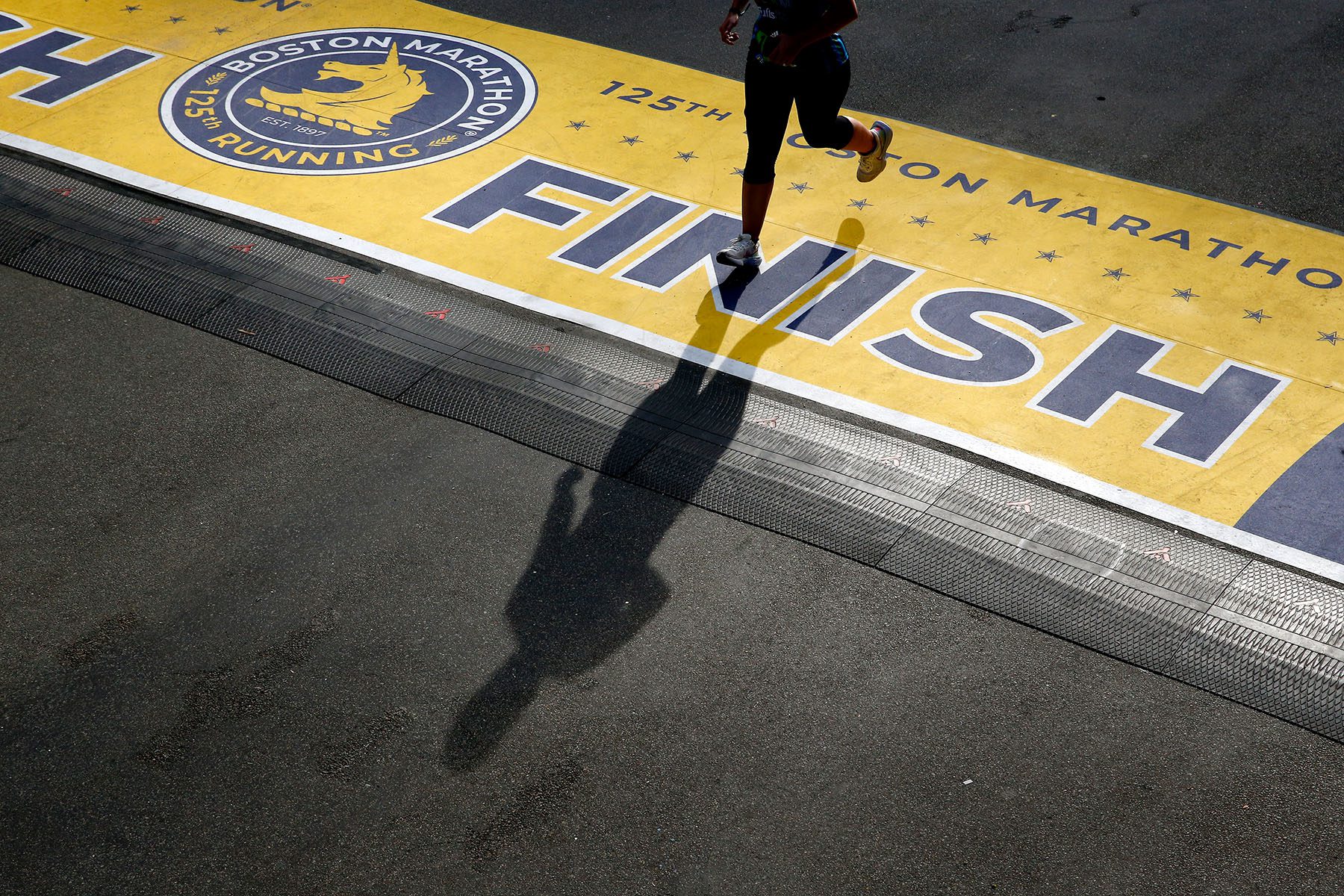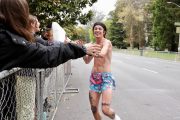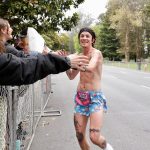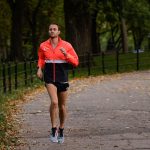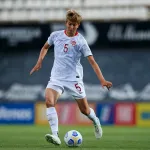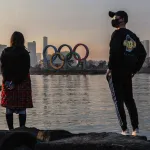Nonbinary runners joining the Boston Marathon this year now have more details about what marathon times they need to hit to join the race.
Boston, one of the most competitive races in the world, is adding new rules for runners within its newly created nonbinary division, which could be a significant step toward more local races creating thorough policies. The new times allow nonbinary runners to orient their training around the times needed to join the race — completing a key step toward full inclusion.
Nonbinary runners previously told The 19th that they believe organizations like USA Track & Field, Ironman and World Triathlon mandating inclusion for nonbinary runners and athletes would significantly tip the needle toward more rapid progress, especially among qualifier races. Those same nonbinary runners have been a driving force behind the policy changes that have already happened, as they personally ask for races to include them and create resources on nonbinary race inclusion.
For 18- to 34-year-olds, the youngest category in the race, nonbinary runners must have achieved a marathon time of three hours and 30 minutes from September 2021 until now. That time increases slightly for each age group, in each case matching the qualifying time for women runners in the marathon. The marathon will take place April 17.
On its website, Boston Marathon said it still does not have enough data to create qualifying times specified for nonbinary athletes, since this is the first year that its nonbinary division has existed. The marathon is using the women’s division qualifying standards this year since those standards include all athletes within each age group, a spokesperson said over email — and nonbinary athletes will receive results like any other athlete in the race.
The marathon said it expects to update nonbinary times for future races as it analyzes finish time data for those athletes.
Jake Fedorowski, who created a how-to guide for race directors on nonbinary inclusion and serves as a board member for LGBTQ+ running group the Seattle Frontrunners, had pushed the Boston Marathon to create specific qualifying times for nonbinary runners — and to make more of its reasoning behind the policy public.
“I’m constantly advocating for races to treat the nonbinary division as no more and no less than the other divisions,” they said. Although the marathon had previously decided to allow nonbinary athletes to compete this year, the vagueness of the initial announcement — which did not include specific qualifying times — meant the nonbinary division was being treated differently than others, Fedorowski said. They support the marathon’s decision to choose initial nonbinary times that match times in the women’s division, since they are inclusive of the athletic standards that must be met in both men’s and women’s categories.
J Solle, a nonbinary runner and director at large of Front Runners New York, an LGBTQ+ running club, said over text they felt “instant excitement” when they learned Monday about the marathon’s updated standards.
“Personally I’m so excited to know what I need to do to qualify for a bucket-list race, and thrilled that my community of nonbinary runners is being acknowledged by the Boston Athletic Association,” they said. The Boston Marathon has been one of the races Solle, who used to live in Boston but is now based in New York, has dreamed of competing in for more than eight years.
“This is just one critical step,” Fedorowski said, adding that there is more to be done to build out the nonbinary division, but they are confident the marathon will continue doing that work.
